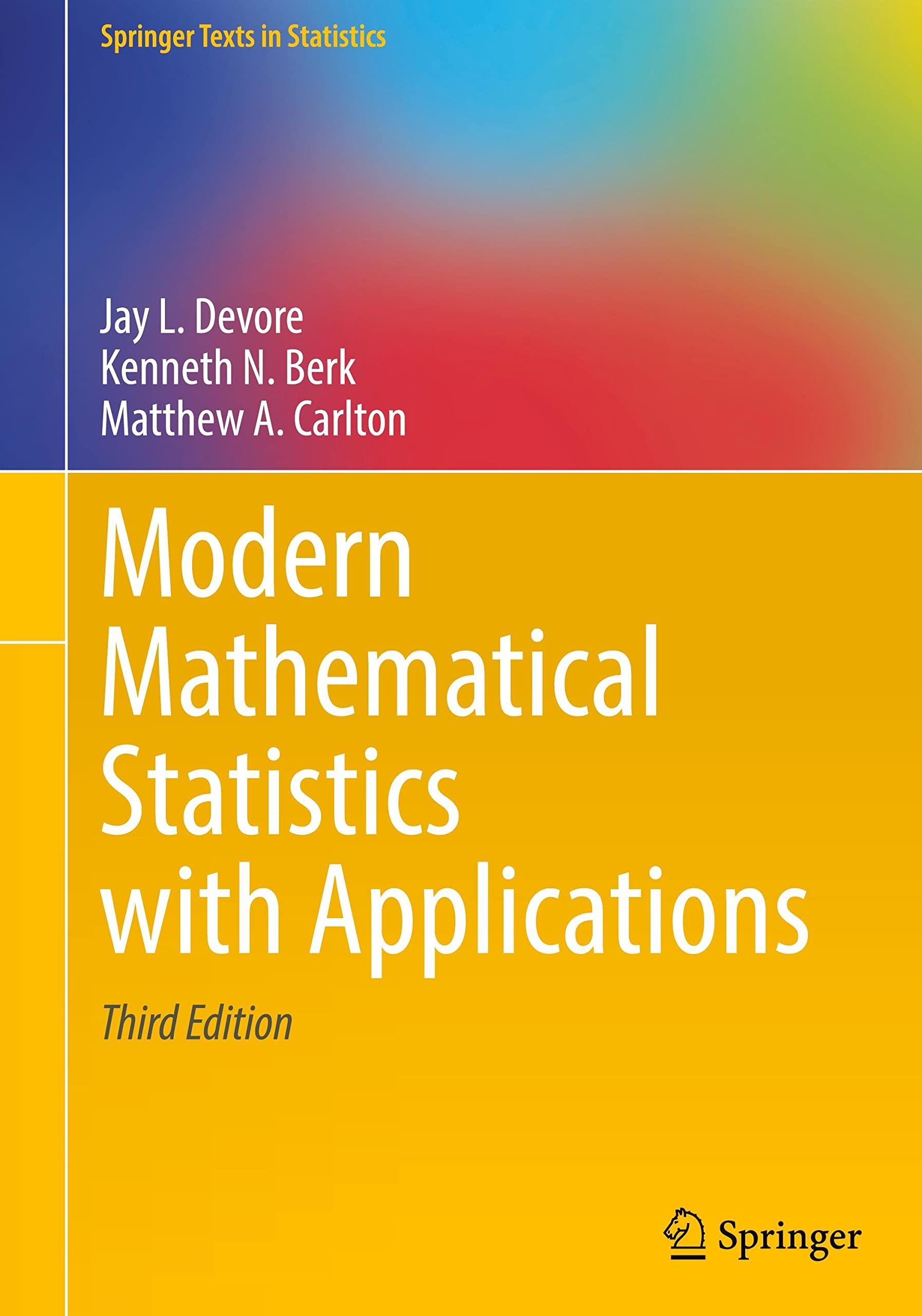Tickets for a particular flight are $250 apiece. The plane seats 120 passengers, but the airline will
Question:
Tickets for a particular flight are $250 apiece. The plane seats 120 passengers, but the airline will knowingly overbook (i.e., sell more than 120 tickets), because not every paid passenger shows up. Let t denote the number of tickets the airline sells for this flight, and assume the number of passengers that actually show up for the flight, X, follows a Bin(t, .85) distribution.
Let B = the number of paid passengers who show up at the airport but are denied a seat on the plane, so B = X − 120 if X > 120 and B = 0 otherwise. If the airline must compensate these passengers with $500 apiece, then the profit the airline makes on this flight is 250t − 500B. (Notice that t is fixed, but B is random.)
a. Write a program to simulate this scenario. Specifically, your program should take in t as an input and return many values of the profit variable 250t − 500B, where B is described above.
b. The airline wishes to determine the optimal value of t, i.e., the number of tickets to sell that will maximize their expected profit. Run your program for t = 140, 141, …, 150, and record the average profit from many runs under each of these settings. What value of t appears to return the largest value?
Step by Step Answer:

Modern Mathematical Statistics With Applications
ISBN: 9783030551551
3rd Edition
Authors: Jay L. Devore, Kenneth N. Berk, Matthew A. Carlton





